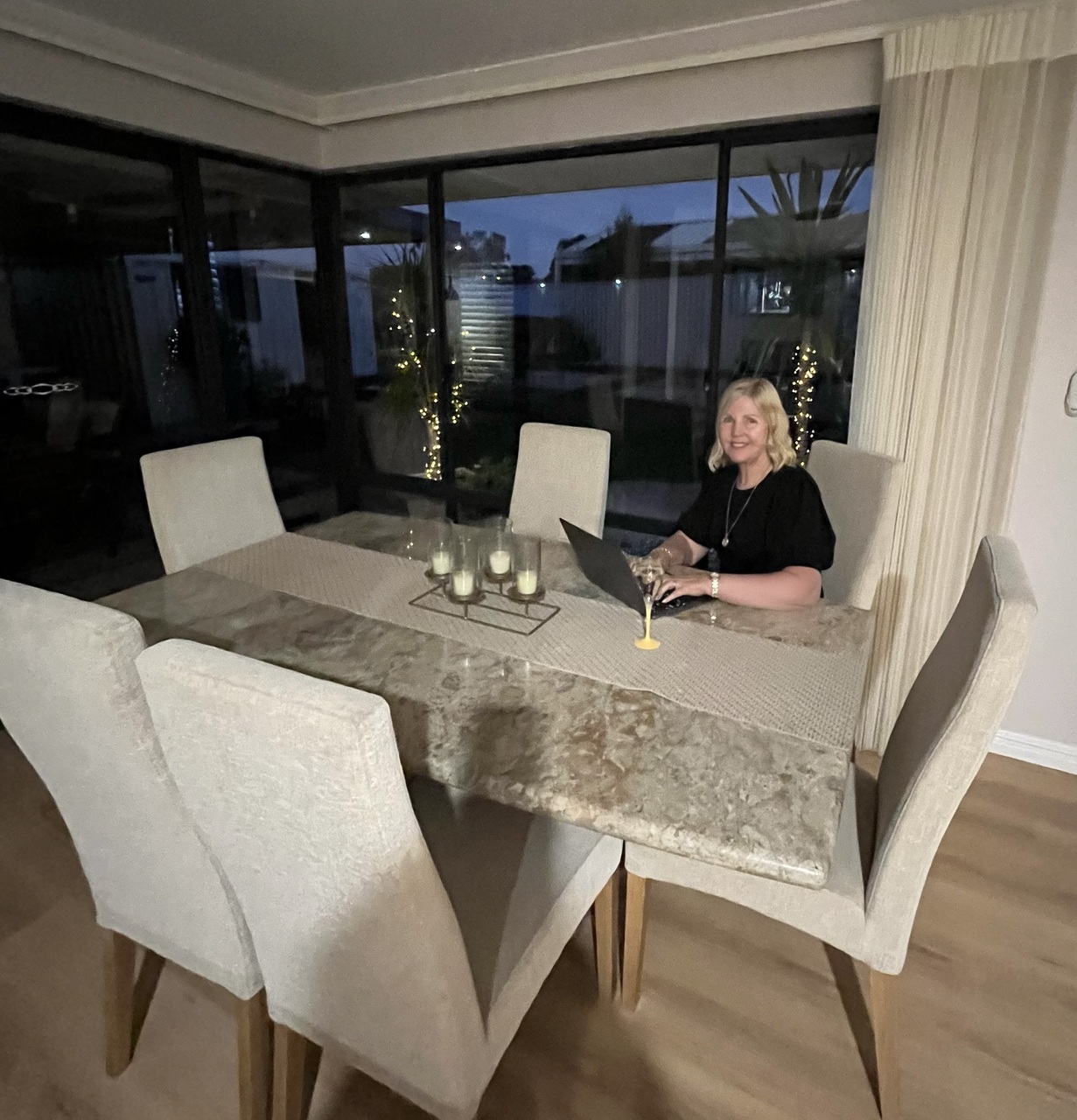
Online Researching
Writers are notorious for having crazy search engine
histories. Something made me think about this a few days ago when I was
watching a news article on television. The case in question was regarding Erin
Patterson, AKA The Mushroom Murderer and her infamous beef Wellington lunch.
The prosecution had been sifting through all of her online searches on the
internet to find relevant information that could connect her to the crime. Of
course it turned out to be extremely relevant when she had used the Bing search
engine to look up the citizen science website iNaturalist regarding locations
where death cap mushrooms had been sighted. She had also searched death cap,
death cap mushrooms, mushrooms and poison.
This made me think about my own website search engine history as an author, and
gave me a bit of a giggle when I thought about the weird and wonderful searches
that I’ve made on my computer. I have searched the most random and bizarre
websites for information on murder, death, prostitution, mental health breakdowns,
drownings, rifles, morgues, drugs, public toilet hook-ups, not to mention
fires, petrol and explosions. If the police looked at my search history they
would think I was a mass murderer!
Internet searches are obviously crucial for research and I honestly have no
idea how authors in the past without online access managed to research
adequately without it. I don’t think I could have written a book without it to
be honest. I find it such a time-consuming thing to do anyway, so just imagine
having to visit a library to find out all the information required–it’s
actually mind boggling! Famous authors obviously have a team of researchers at
their disposal which must be very nice, but for an unknown author like myself
there’s no such luxury!
So let me tell you what I look for when I’m researching:
Fact-checking–this is a big one as facts such as historical and scientific need
to be as accurate as possible. Complex topics need a deeper understanding to
make the story that you’re creating believable.
Location Research–even if the setting is fictional, it has to be reasonably
geographically correct, especially if it has to tie in with real locations.
Maps are helpful, as well as public transport websites to discover journey
times between locations. I visited all of the Perth locations in my first book
which helped immensely to give depth and substance to the conversations that
took place there. I felt Sam’s presence at South Beach in Fremantle, saw him
pacing up and down Forrest Chase waiting for Ana, and could see Patrick and Ana
picnicking at Kings Park, all of which helped set those particular scenes.
Reliable Sources–Ensuring your source of information comes from a reliable
website in so important. I needed to research luxury goods, cars, floristry,
food cultures, medical symptoms plus a ton of other stuff, and can only hope
the information I used was reliable.
Apart from all of this, time-lines are of the upmost importance as well as
ensuring the weather that’s taking place in the particular scene relates to the
relevant season. When it comes to fictitious settings, the imagination can run
wild–I had a lot of fun creating Lowry, Koraborri and Galaxy Resort in my head.
To summarise, I’m sure my search history must have me on a suspicious watch
list somewhere in the world due to my research of often dark subjects, and I
sometimes wonder what the watchdogs think I’m doing with this information! I
can spend hours just to find out one tiny little detail that in my opinion is
of the upmost importance to the story–but that’s the fun of research!
Until next time :)
Post Views : 54